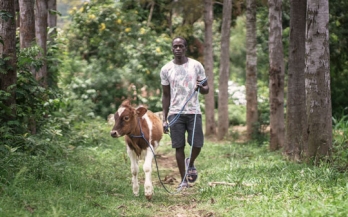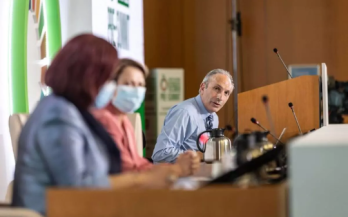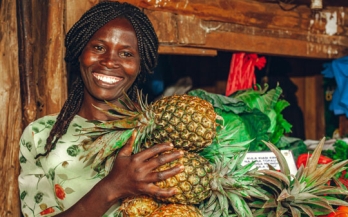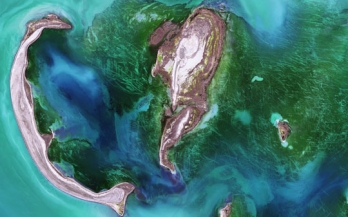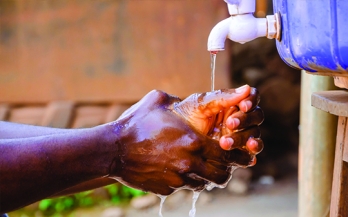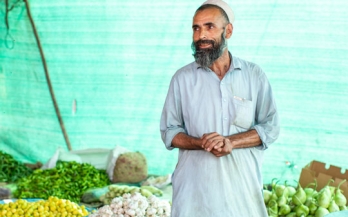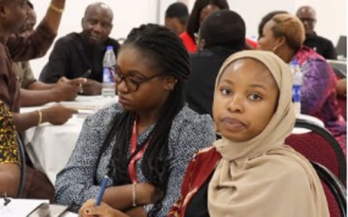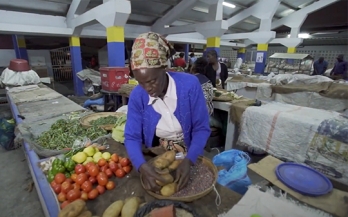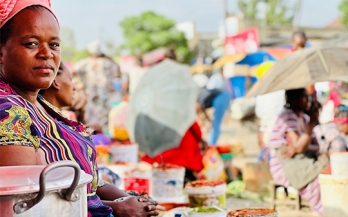Companies entering the lower-income consumer market often adapt existing products to meet lower-income consumers’ needs—in particular, redesigning the product to improve affordability. One way to do this is to simply replace more expensive ingredients with cheaper alternatives, or omit certain ingredients altogether.
Recently I was on panel chaired by the UN Deputy Secretary General, Amina Mohamed, where I was asked three questions about the UN’s “Stocktaking Moment” two years after the UN Food Systems Summit of 2021 (UNFSS). Here are my answers to the questions.
Good nutrition has a hugely positive impact on health and other social goals, like educational attainment and work productivity – but the sector remains under-financed relative to its potential. How can we change this?
Until recently, action taken to address climate change and malnutrition were two entirely separate conversations, with two eco-systems that did not interact. That is no longer sustainable. We cannot properly address climate change without addressing nutrition and vice versa.
GAIN’s mission is to improve the consumption of nutritious and safe food for all people, especially those most vulnerable to malnutrition. As a nutrition organisation, we understand food safety to be a core component of our mission and our ability to achieve healthier diets. Safe food is essential for food security and nutrition, and it affects everything from what consumers eat, to their livelihoods, and their families’ health.
Dr Lawrence Haddad, Executive Director of the Global Alliance for Improved Nutrition (GAIN), has received his medal and been made a Companion of the Order of St Michael and St George for "services to International Nutrition, Food and Agriculture".
The pressing need to improve environmental sustainability and resilience became manifest in Pakistan in 2022, when severe floods destroyed crops across two-thirds of the country’s food basket, contributing to surging food prices, lost incomes, and increased poverty and driving over 14 million people to be in need of emergency food assistance.
Sometimes in our workplaces, we disagree with colleagues or a co-worker, and we feel hurt or angry about the situation. Rather than reacting irresponsibly, taking the time to pause, review and reflect on the situation can help us gain more clarity and perspective.
"After losing my husband, and with a family to look after, I had to wipe my tears and battle to provide for my family. It was from there that I realised that I needed to be the breadwinner of the family, and I became a vendor at the Munhava Market in Beira city". Joana Celestina, a female vendor at the central market in Mozambique.
Read our eleventh story in the series on The Food Crisis: What's Happening, a collection of work on the current events and the impact communities are seeing on a global scale.
The Food Crisis is affecting everyone socially, economically and nutritionally. Stella Nordhagen, Genet Gebremedhin, and Smret Hagos write about the pressure market vendors in Hawassa, Ethiopia are facing.
